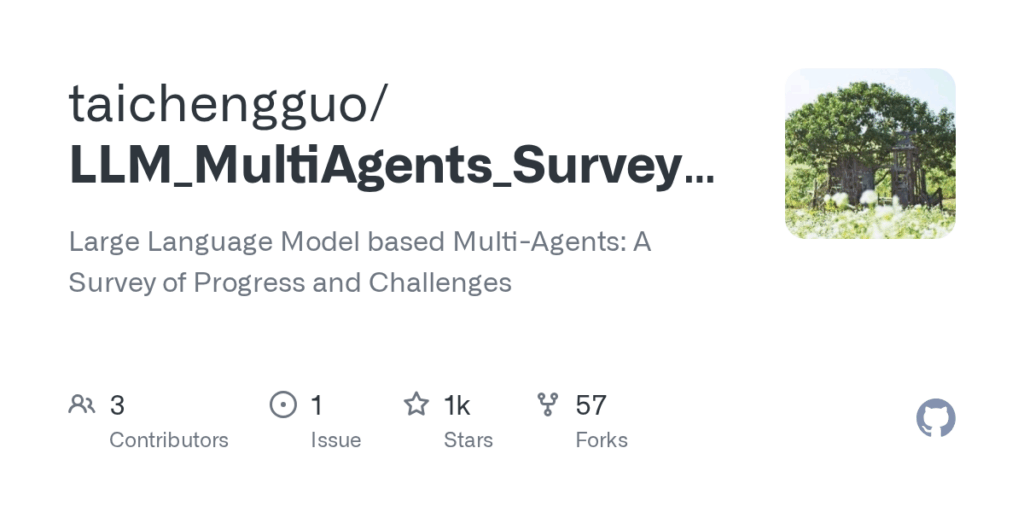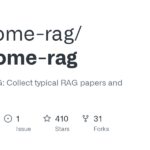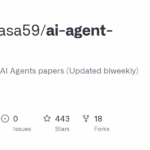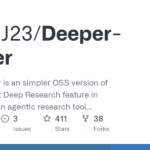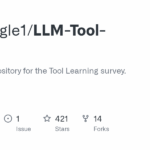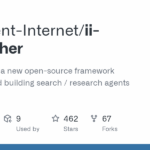LLM_MultiAgents_Survey_Papers
Basic Information
This repository is a curated, research-focused collection of papers and resources about large language model (LLM) based multi-agent systems. It hosts an annotated bibliography organized into thematic streams and links a survey paper on the authors' overview of LLM-based multi-agent architectures. The README provides an overview table, architecture figure, news about updates, and a table of contents that groups papers into categories such as frameworks, orchestration and efficiency, problem solving, world simulation, and datasets and benchmarks. The project is maintained with periodic updates and invites community contributions via pull requests and issues. Contact information for the maintainer is provided for questions and suggested additions. The repository aims to centralize literature, track trends, and present a structured entry point into the fast-growing field of LLM-driven multi-agent research.

